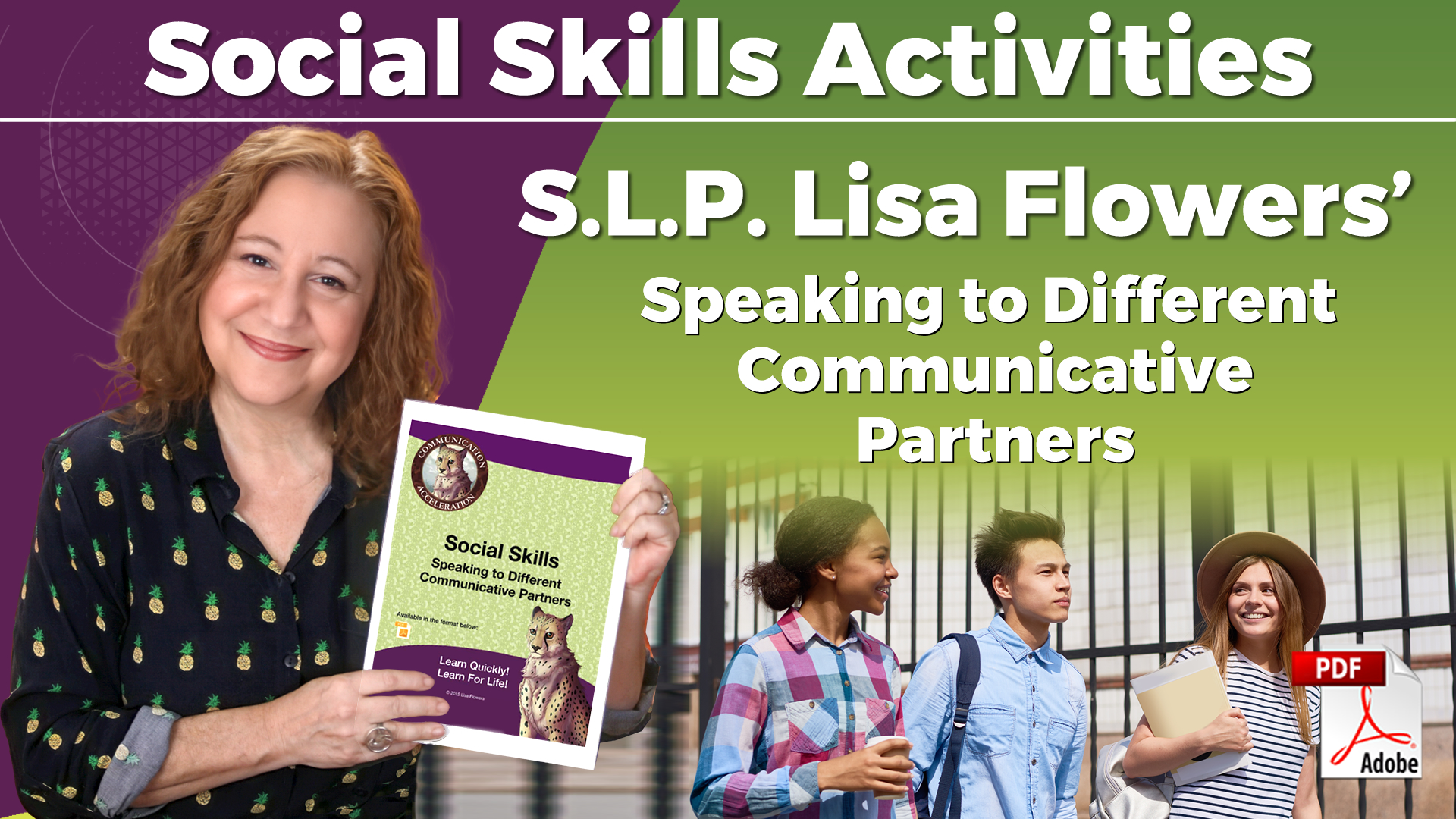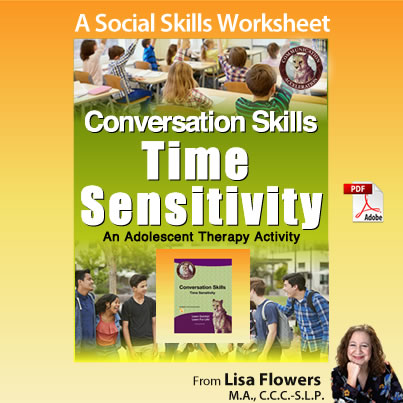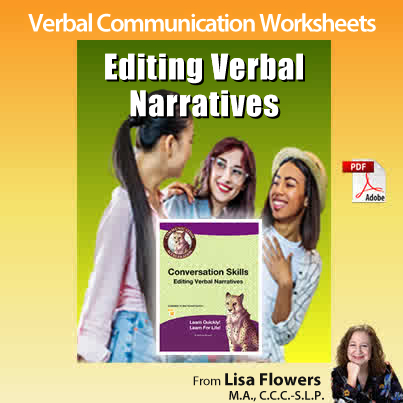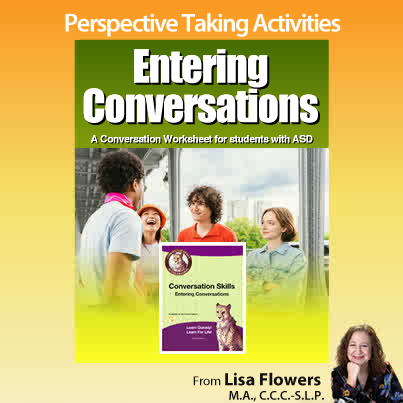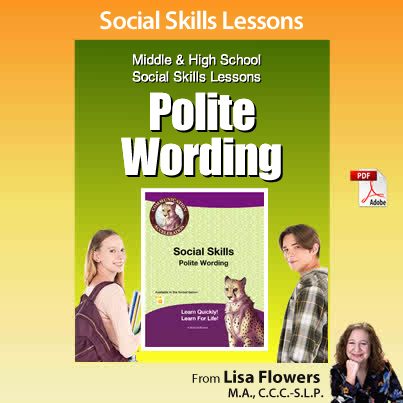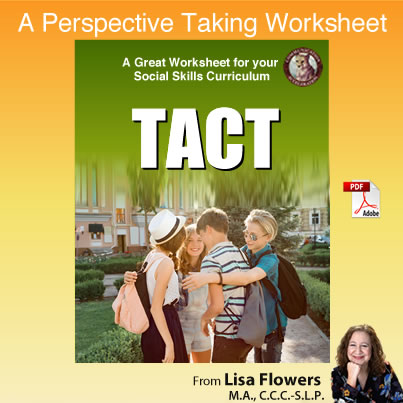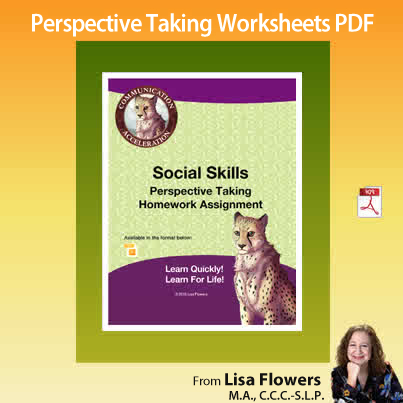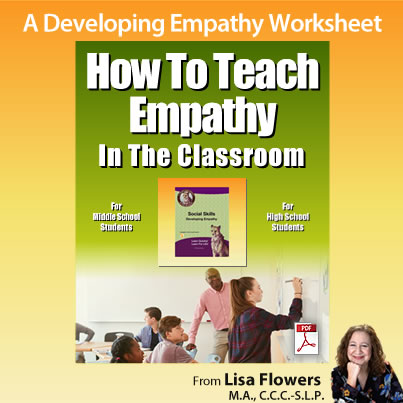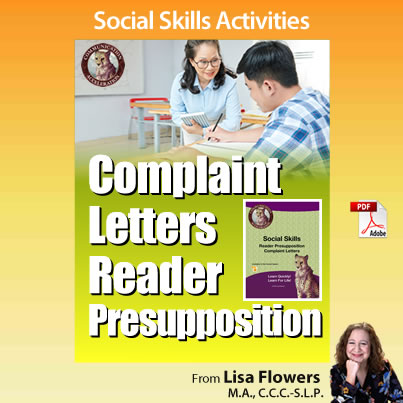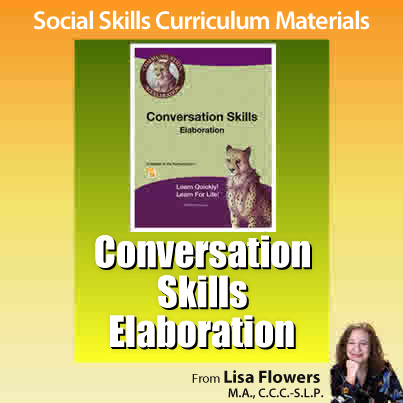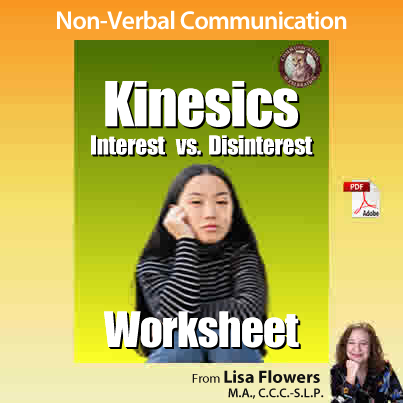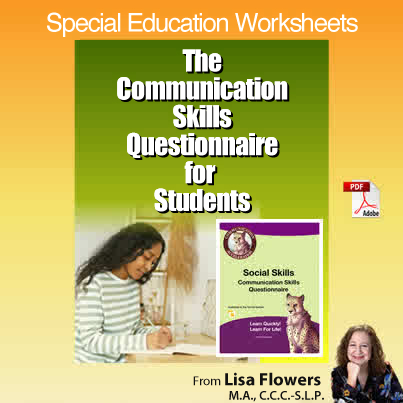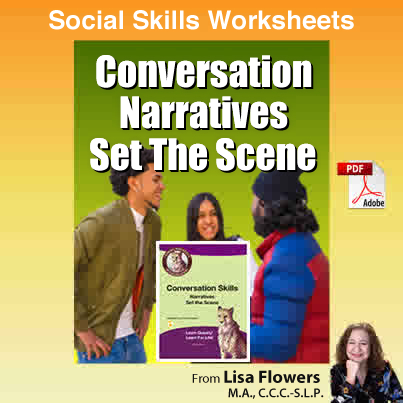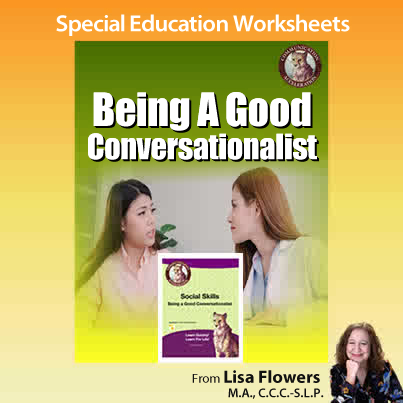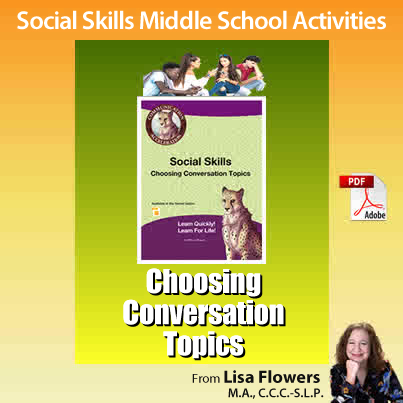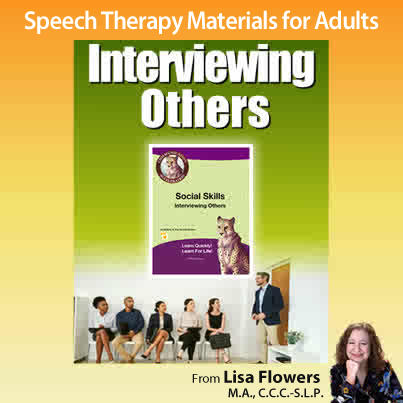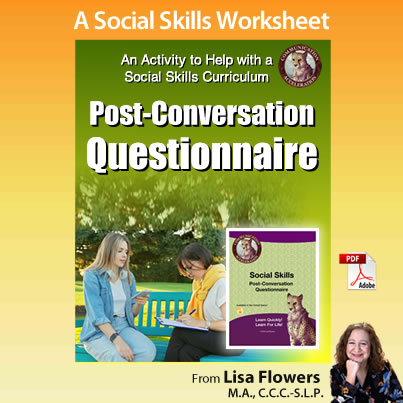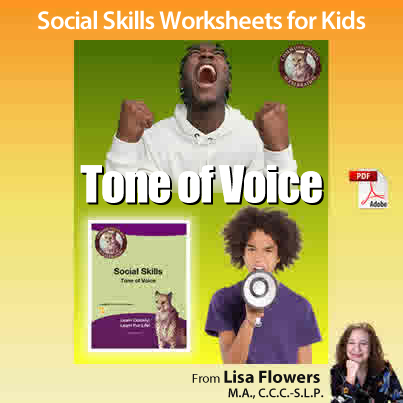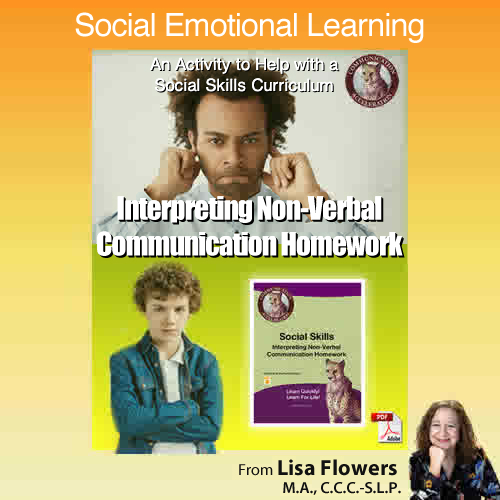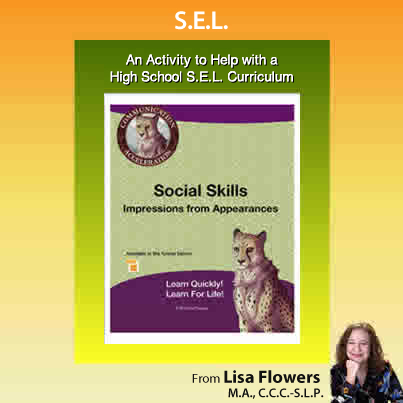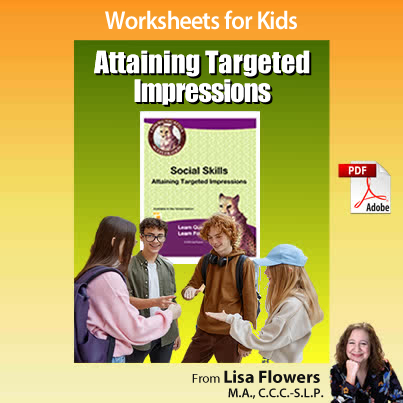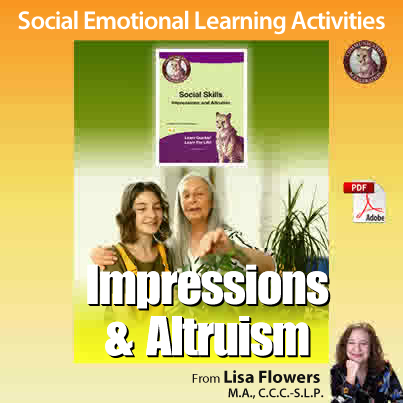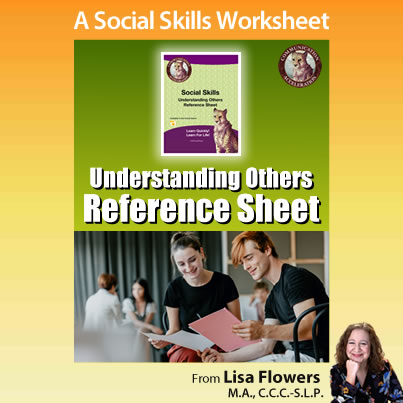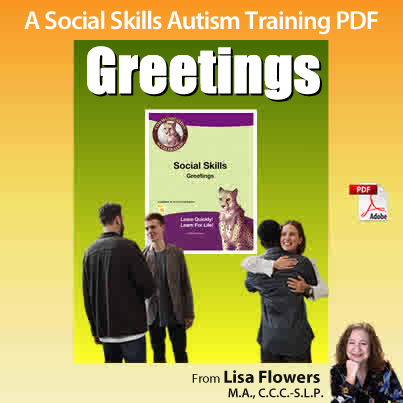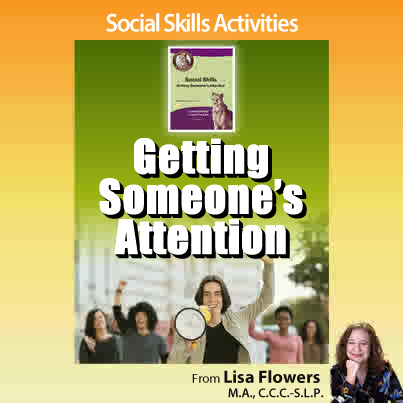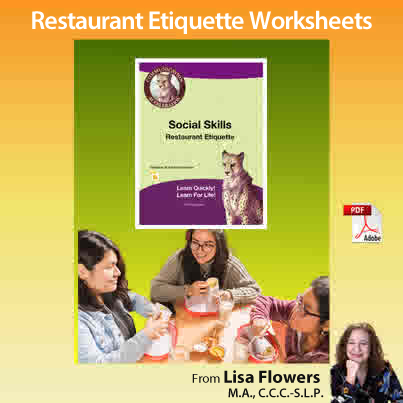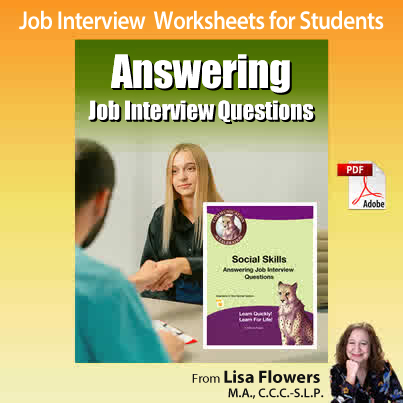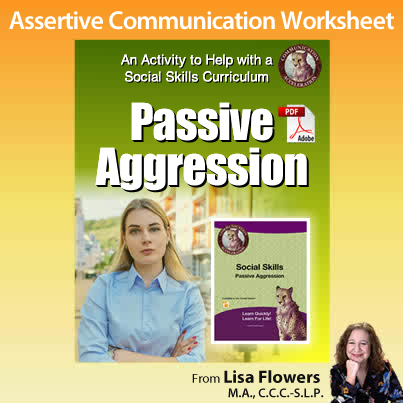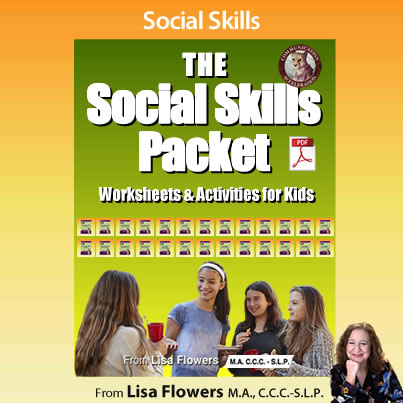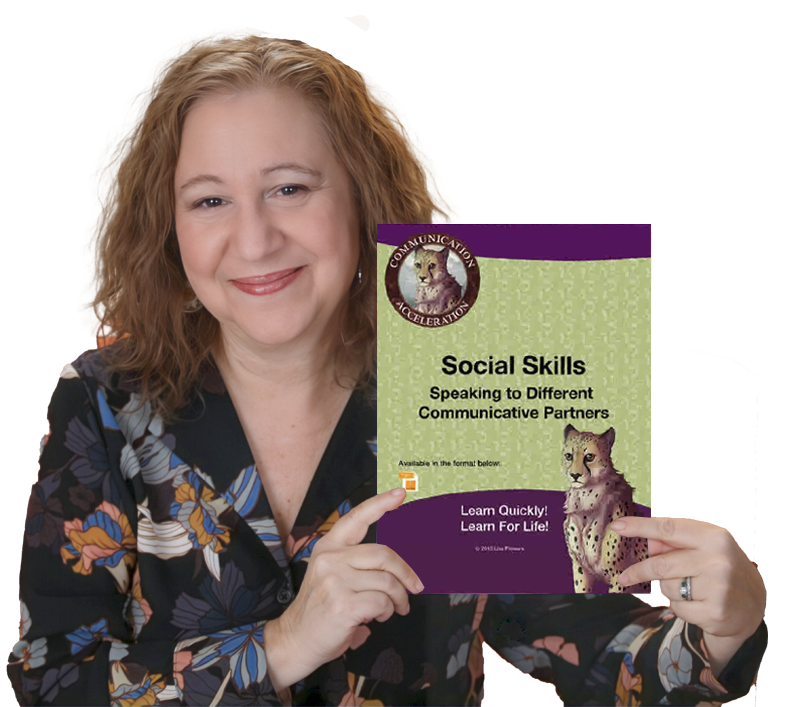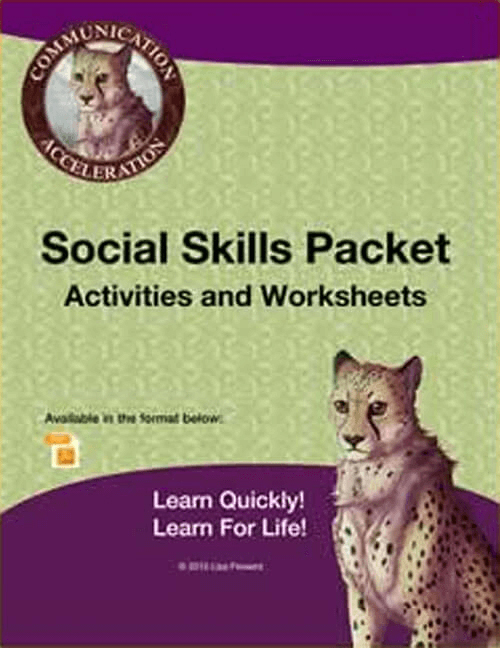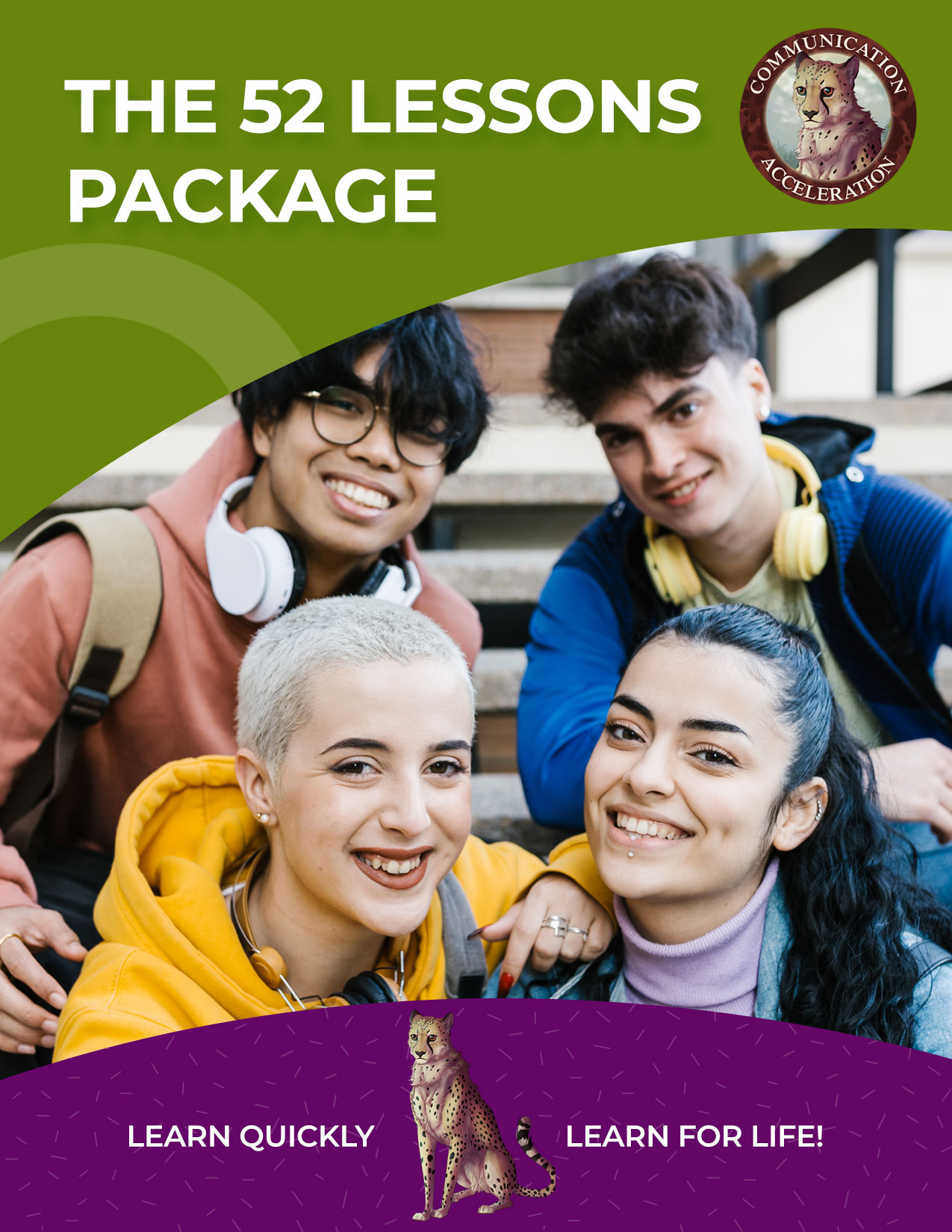Social Skills - Speaking to Different Communicative Partners
Social Skills / Speaking to Different Communicative Partners
Speaking to Different Communicative Partners
Watch the video to learn more
Click here for video transcription and ADA compliant audio for the video above
Speaking to Different Communicative Partners
This activity works on the ability to modify what we say depending on to whom we're speaking. For example, you may give a new friend different information about yourself than you would give a job interviewer.
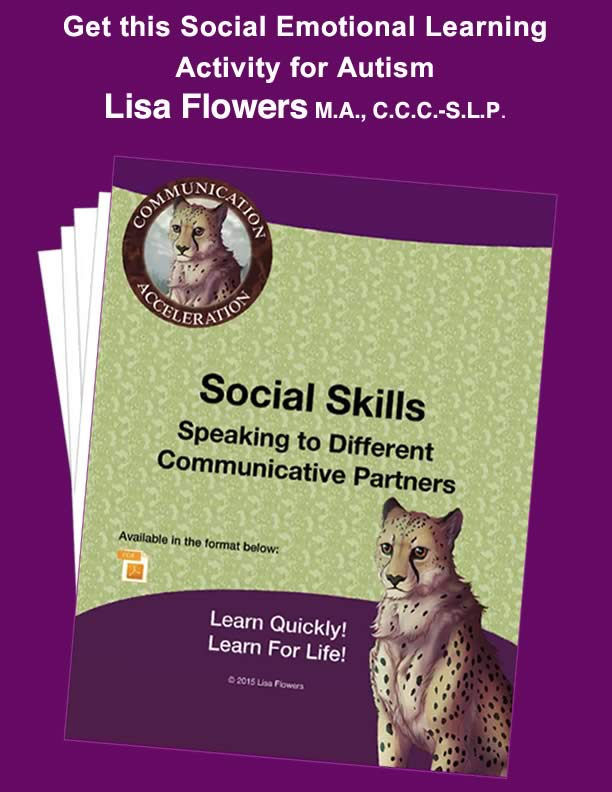
Speaking to Different Communicative Partners
Theory of Mind concerns itself with understanding the perspectives of others and being able to walk a proverbial mile in their shoes; the resultant skill of adjusting one's own behavior accordingly is therefore pivotal.
Being able to adjust to the needs and sensitivities of a conversational partner is an essential skill that individuals on the autism spectrum typically struggle with. Listener presupposition—as it pertains to information your conversational partners do or don't need, and how what you say gives a specific impression of you — is vital to successful and effective communication. These worksheets directly assist in strengthening the social skills involved in listener presupposition. Students provide hypothetical verbal answers to a variety of questions without knowing with whom the conversation would take place. They then select which (if any) portions of their answers they would alter or remove with the identity of their listener (such as a grandparent, job interviewer, or new friend) taken into account. Afterward, students can discuss and modify their answers further. Three distinct worksheets are included and will foster growth in the listener presupposition skills of students.
